Amid fears of flu season and the coronavirus outbreak, the Archdiocese of Boston has directed all churches to suspend the traditional shaking of hands during the sign of peace, a staple of Catholic mass, for the foreseeable future.
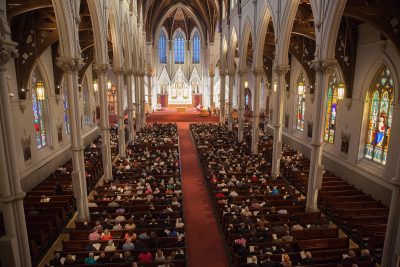
In an email sent to parishes Friday, the Archdiocese of Boston’s Office of Risk Management wrote it is monitoring the coronavirus outbreak and will update its plan as needed.
Effective since Saturday under archbishop Cardinal Sean Patrick O’Malley’s instruction, new precautionary measures will be in place until further notice. Instead of the usual handshake during the sign of peace, churchgoers should bow instead.
The distribution of the Precious Blood, the drinking of wine during Holy Communion, will also be suspended for all except those unable to eat Communion wafers due to gluten intolerance, according to the notice.
The Archdiocese directed that holy water fonts should also be drained and cleaned on a regular basis, and that old holy water should be disposed of. The notice stated this should all be done in addition to practicing good hygiene.
As far as concerns regarding coronavirus, the Archdiocese wrote that there is a need to be prepared, as it is likely to spread further in the U.S.
Father James Doran has been a priest since 1986. He currently serves as director of the St. Francis Chapel located in the Prudential Center and said he has not run into any problems with the new sanctions from the archdiocese. His parishioners also are also adapting well to the new rules.
“I see people bowing or waving,” Doran said, “doing a little wave, or just smiling.”
While the draining of holy water fonts and suspension of handshakes are new developments, frequent church-goers should expect the suspension of the distribution of the Precious Blood around this time of year.
“People understand,” Doran said, “because every year, they suspend taking of the chalice during flu season.”
Caitlin McLaughlin, interim communications director for the Boston Public Health Commission, wrote in an email that the flu is transmitted from an infected person’s nose or throat when they sneeze, cough or talk.
“People nearby can then breathe in the virus,” McLaughlin said. “People may also get the flu by touching a surface or object that had the virus on it and then touching their own mouth, eyes or nose.”
In a poll conducted by Pew Research Center surveying adults who go to church, 48 percent of those that attend weekly or more frequently are 65 years old or above.
McLaughlin wrote that those within this age group, in addition to infants and people with other medical problems, are at higher risk than others of suffering severe flu symptoms.
“Most people are sick for a few days. However, some may develop pneumonia or other serious complications,” McLaughlin wrote. “The flu sends thousands of people to the hospital across the country every year.”
McLaughlin wrote the best way to protect oneself as well as others in the community is to get a flu vaccine, which she recommends every six months.
Several Boston residents shared their own experiences with the influenza season.
Christina Kennedy, 23, of Back Bay said she thinks the yearly hysteria around flu season is overblown.
“Every year, we all know that we’re going to be either getting the flu or know somebody who’s getting the flu,” Kennedy said, “and yet we all still freak out about it, even though it’s been happening for a very, very long time.”
Hayley Freels, 21, of Brookline said that the church at which she works is also taking precautions this flu season.
“We put out a lot more hand sanitizer. It’s at every stop,” Freels said, “but people are still allowed to shake hands.”
Camila Silva, 20, of Fenway said that she has personally been taking more precautions this flu season.
“I’ve been [washing my hands] more often than I usually have,” Silva said, “like the standard, sing ‘happy birthday’ twice, or count 20 seconds to make sure you fully washed your hands.”






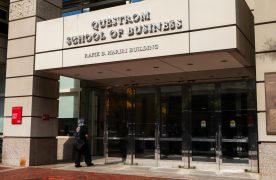


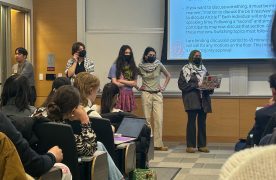

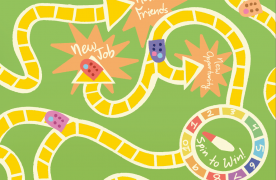

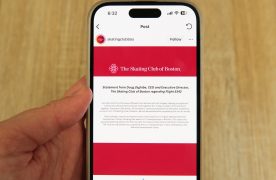
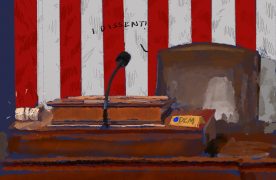
I guess we’ll become Vulcans now; “Live long and Prosper”.